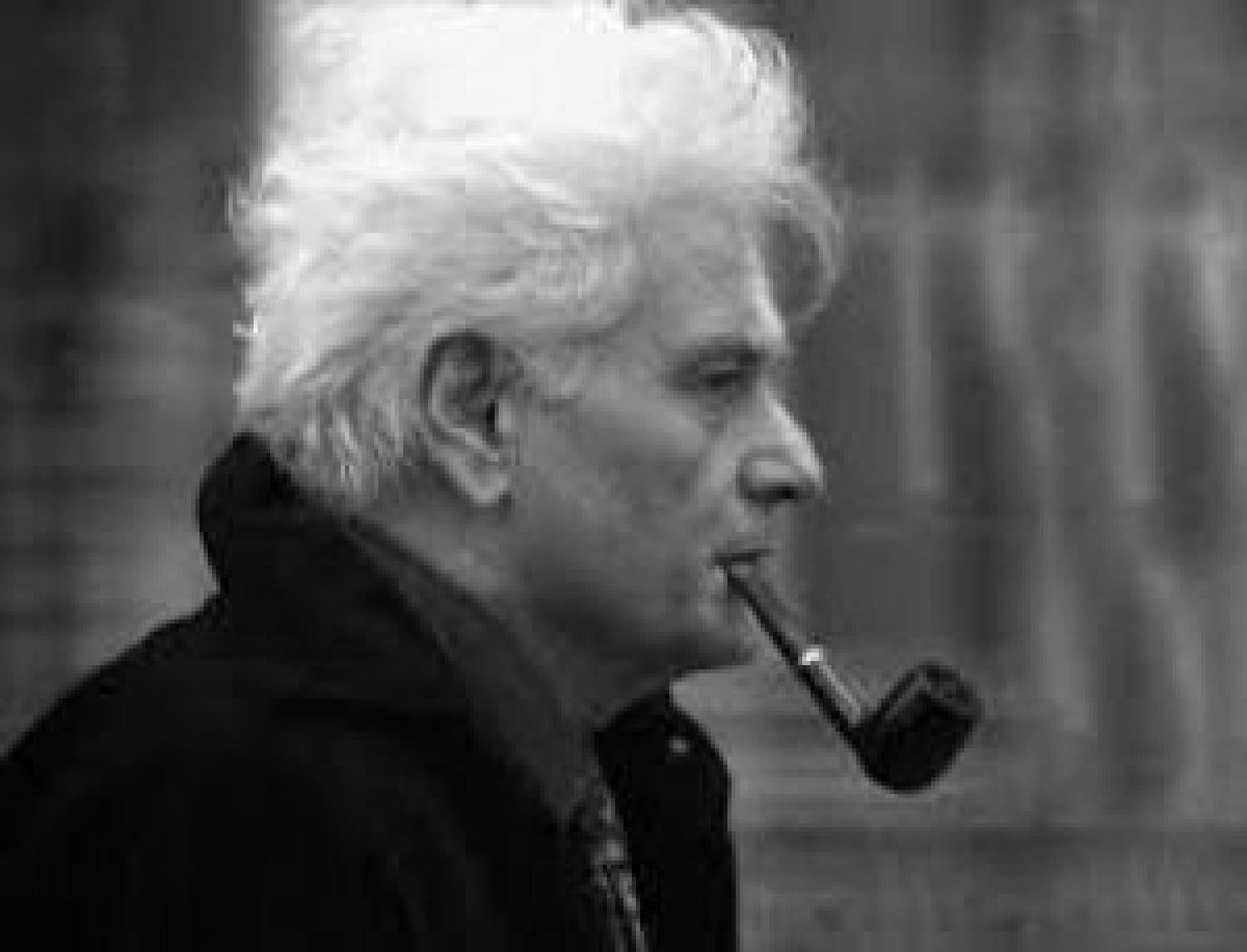ENGL 2112-003: Introduction to Literary Theory (Fall 2018)

Literary theory has a reputation for being difficult, unfairly or not. Whatever the case, everyone approaches literature (or any sort of cultural production — film, painting, sculpture, website, fashion) with some preconception or assumption about how to read it, listen to it, see it, watch it, or otherwise interact with it. What we call “literary theory” (or “critical theory” or just “theory”) formalizes our assumptions on one hand and challenges them on the other. Literary theory pushes us to think harder about what it is we are studying, including literary theory itself. What is literature? Is there something special about literature as opposed to other forms of writing? To what other cultural forms and ideas is literature related? What theory is best suited for my analysis? How does adopting one theory over another limit my analysis? And so on.
This class will begin with Marxist theory, especially insofar as it introduces concepts such as value and history. In the second half of the class, we will spend time thinking about race and gender/sex in order to add to our knowledge and in an effort to see the limitations of Marxism.


